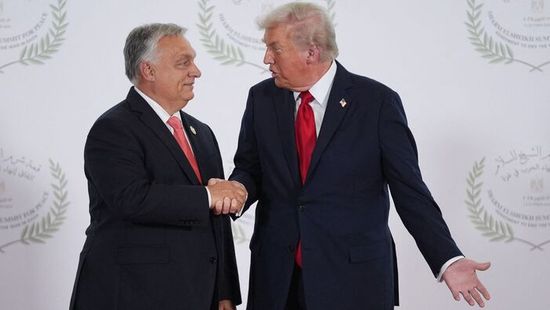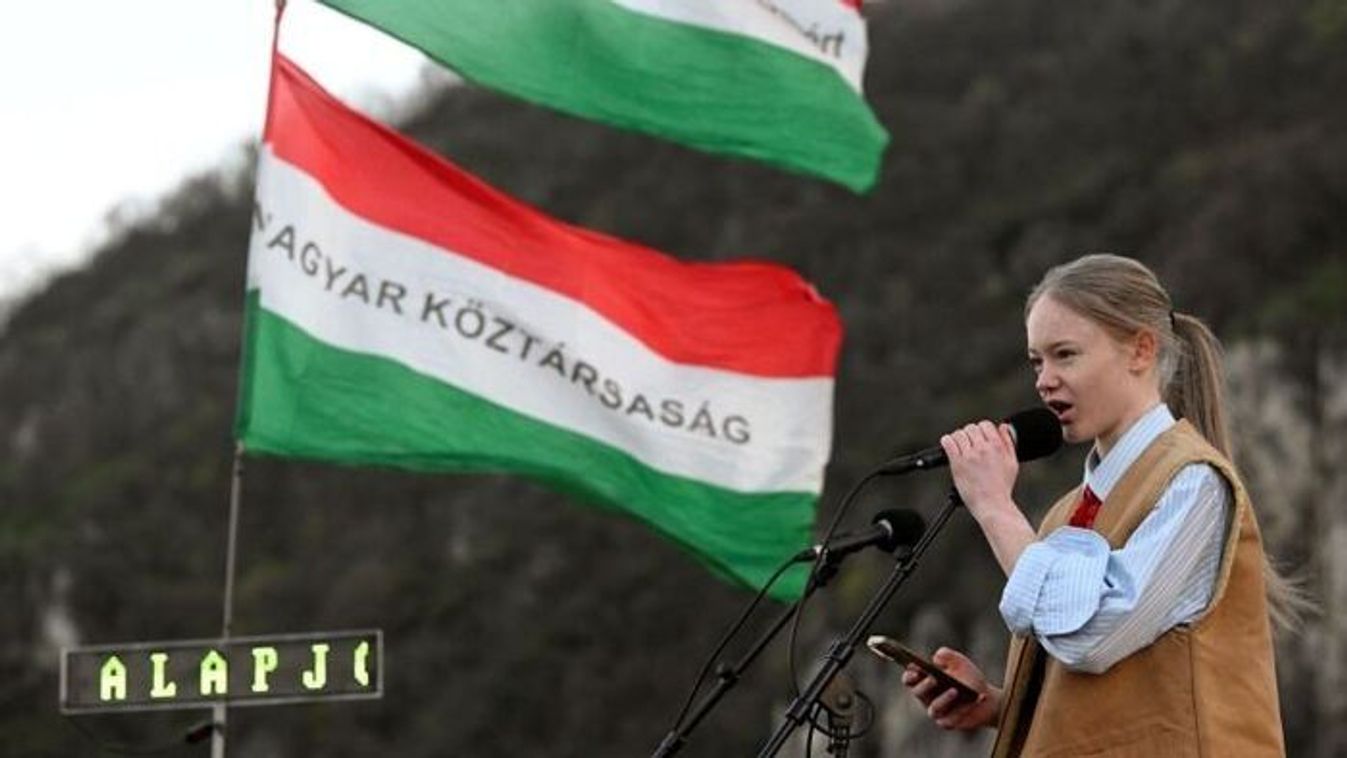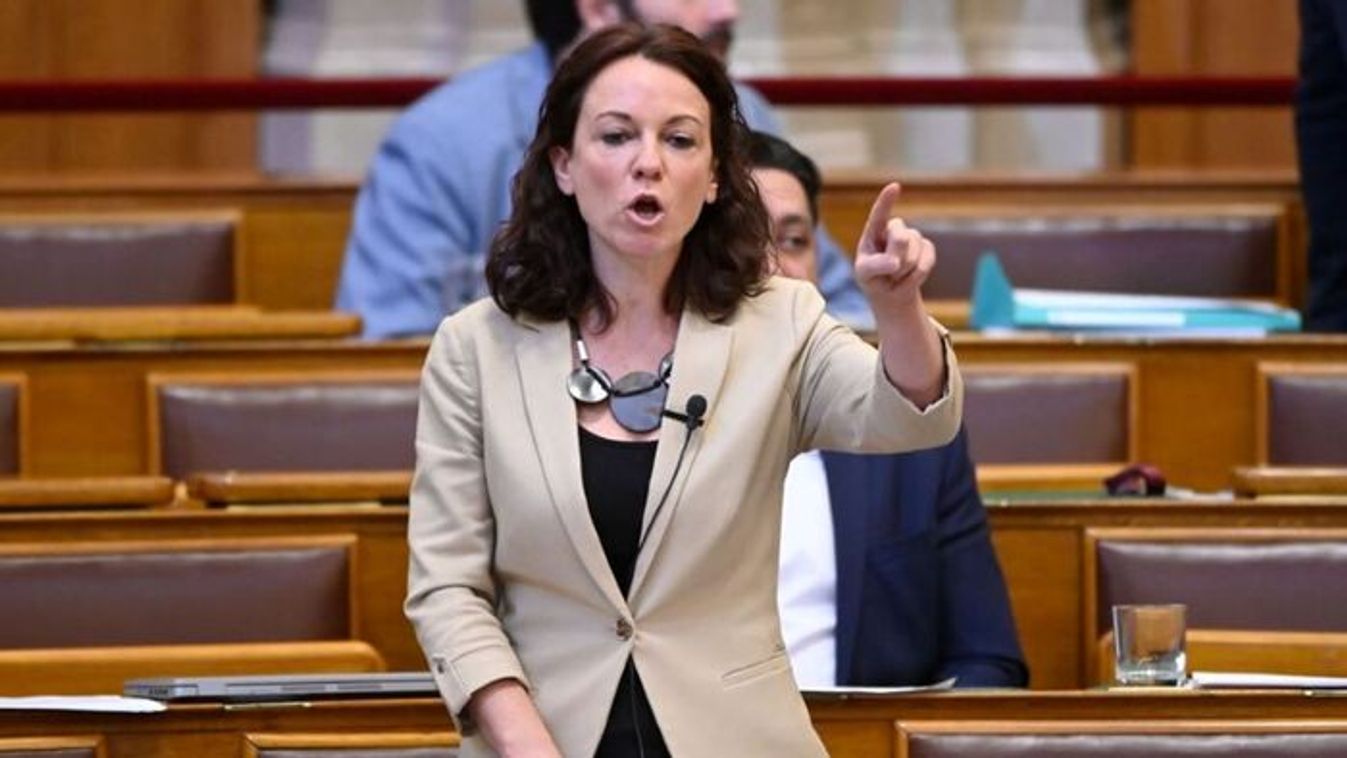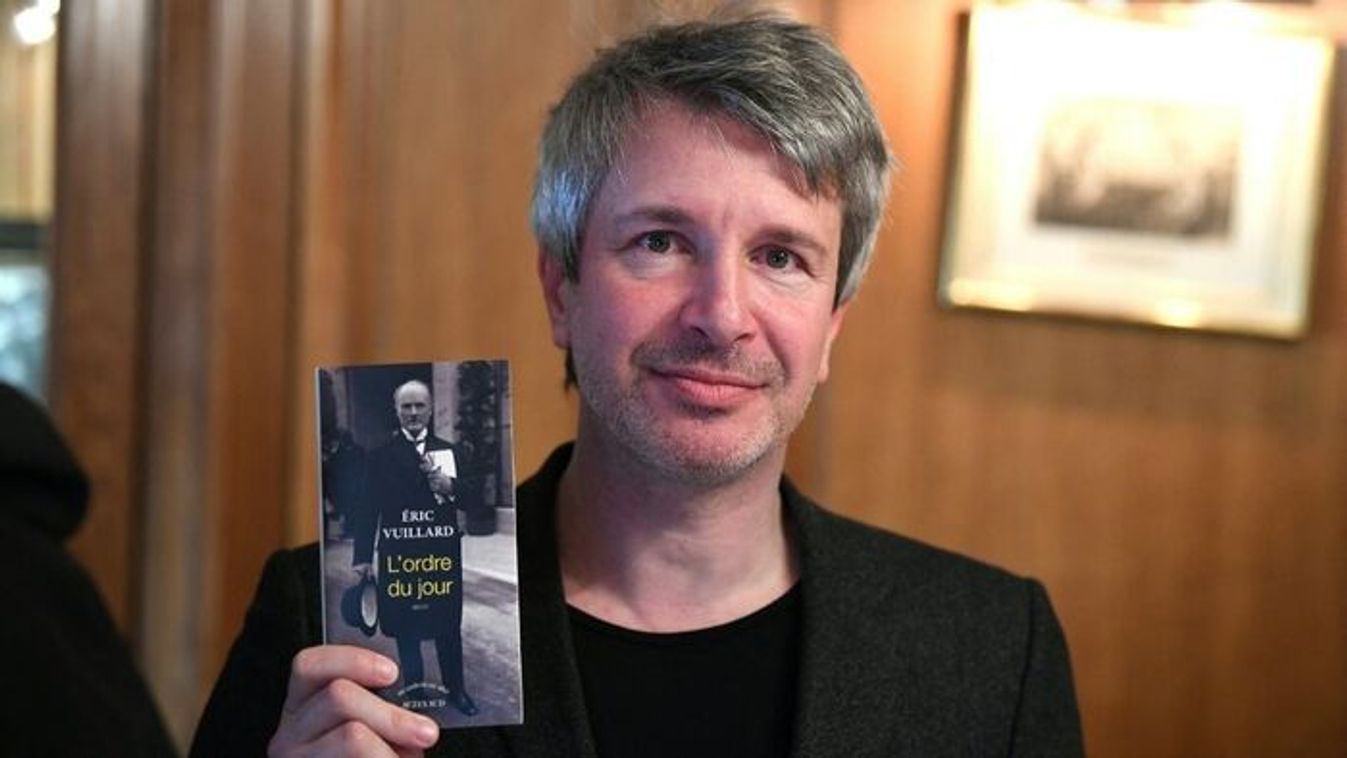„Understanding another country - its politics, society culture, preconceptions - is always more difficult than appears at first sight. Matters are made worse when those whose job it is to »translate« a country don't make a particularly good job of it. One of the factors that make this understanding difficult is what might be called »the discursive deficit«. The voice of a small culture with its own very different language is by definition weaker than that of a large cultural community - English is universally understood, Hungarian is not. The result is that what is known about Hungary will necessarily include misunderstandings, blank spots, ignorance, prejudice and an impatience with the explanations that the smaller country provides, especially if these explanations do not fit the expectations of the »translators«. The outcome is all too often a set of naturalised, reductionist beliefs treated as fact, and these beliefs are extremely difficult to shake. What we have, in effect, is a wholesale neglect of evidence-based argument and its replacement by ideology, prejudice or ignorance, which can reasonably be called an epistemological closure. In the Hungarian case this attitude has gone so far that we can safely speak of a presumption of guilt regarding whatever the Hungarian government says or does. For all practical purposes, it has to prove its innocence.
The starting point for any accurate assessment of Hungary is that it is a deeply divided society. There are two radically different narratives - one from the left and one from the right - and the two have minimal respect for one another. It is all but impossible for outsiders to recognise or understand or accept this. The concept of there being something like two Hungarian societies, each with its own idea of the truth, is entirely alien to the ideal-typical model of a democratic European state. Yet that is the Hungarian reality. Listening to only one side will automatically distort one's understanding of what is going on in Hungary.
From the above it follows that the international media represent only one side of the argument, only one of the two narratives is reflected, that which is closer to one's own preconceptions. The narrative that the media have accepted is that of the left, that of the opposition and it adds up to the assumption that what the left says is the sole truth. A glance at The Guardian’s website, for one, will show that the overwhelming majority of articles on Hungary are hostile to the present government – some are neutral – indicating that even the pretence of even-handedness is absent. What the left says and how it communicates unquestionably have a better fit with the prior assumptions of most Western journalists, who are inherently suspicious of power and especially of centre-right governments.”










